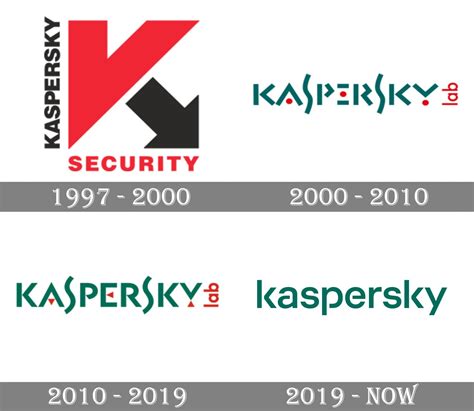Kaspersky, a leading cybersecurity firm, has recently made a concerning discovery in the realm of online threats. They have identified a malicious program known as TookPS, which is being disseminated through fake websites that masquerade as legitimate sources for popular software applications like UltraViewer, AutoCAD, and SketchUp.
Kaspersky’s Insight:
According to Kaspersky experts, this Trojan-Downloader operates by infecting users’ devices with backdoors, enabling unauthorized access to victims’ systems without their knowledge. This covert entry mechanism allows cybercriminals to remotely infiltrate a user’s device and execute various commands surreptitiously.
The devious nature of these fake websites lies in their ability to mimic official pages or falsely promise free downloads of sought-after software. Individuals seeking to obtain genuine software are inadvertently led astray when they click on download links, unknowingly inviting the TookPS malware into their systems.
Expert Analysis:
Vasily Kolesnikov, a security expert at Kaspersky, sheds light on the severity of this threat by stating that the campaign extends beyond mere imitation of software brands. Cyber attackers are strategically concealing malware under different guises to attract a wide range of unsuspecting victims – from individual users to large organizations.
“To avoid falling victim to such attacks,” advises Kolesnikov, “users must exercise caution by verifying links and websites before engaging with them. Additionally, refraining from seeking out pirated software online can significantly reduce the risk of malware infiltration.”
Protective Measures:
To combat general cyber threats while navigating the internet landscape safely, Kaspersky recommends adopting modern security solutions like Kaspersky Next for organizations and Kaspersky Premium for individuals. These tools offer protective features that safeguard against hazardous websites, downloads, and browser extensions.
Furthermore, it is prudent practice to directly enter website addresses into the browser rather than relying solely on hyperlinks received via emails. By hovering over links in emails before clicking them and cross-referencing URLs independently instead of following embedded links blindly, users can mitigate potential risks associated with phishing scams and counterfeit webpages.
For businesses looking to fortify their cybersecurity defenses against similar threats, implementing stringent security policies that prohibit downloading software from unverified or pirated sources is crucial. Regular training sessions focused on cybersecurity awareness are also recommended to keep employees informed about evolving digital threats.
About Kaspersky:
Established in 1997 as a global cybersecurity entity dedicated to safeguarding digital privacy and combating emerging cyber risks worldwide; Kaspersky has protected over a billion devices from targeted attacks through its advanced threat intelligence capabilities and innovative security solutions.
With an extensive portfolio encompassing cutting-edge endpoint protection products tailored for diverse security needs across industries and specialized services designed to counter sophisticated digital threats effectively; Kaspersky continues its mission of securing businesses, critical infrastructures governments globally against evolving cyber dangers.









Leave feedback about this